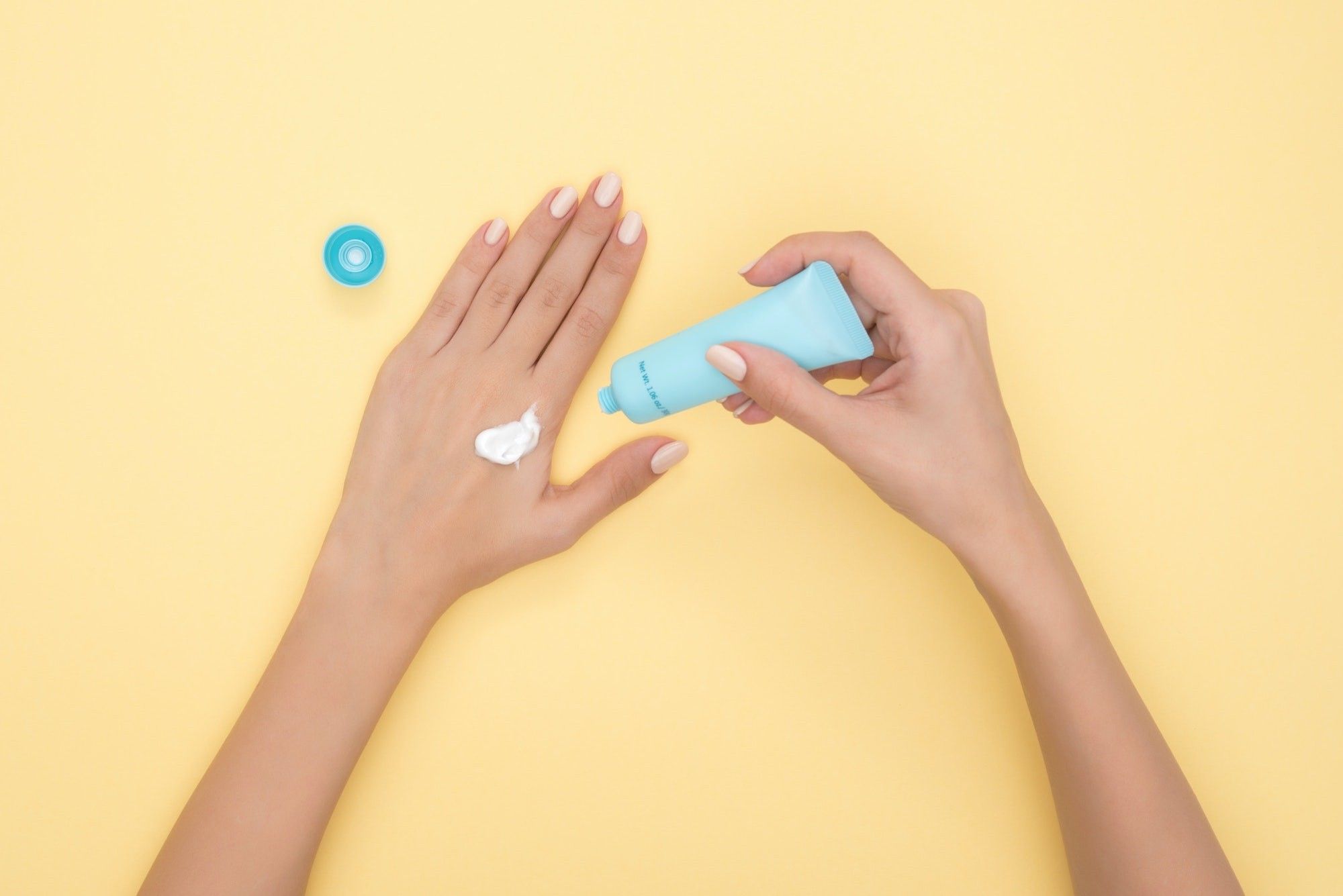Gel manicures are a staple for those seeking long-lasting, glossy nails since the 1980s. However, it wasn't until 2012 that the UV soft gel manicure, as we now know it, came into the scene. Recent advancements in gel nail technology, with Gel X replacing acrylic extensions, have even made it accessible to extension enthusiasts. With quick dry times, chip resistance, and smudge-proof results, it's hard not to love a gel manicure. But before you dive into your next Instagram-worthy mani, let's explore what licensed professionals, from cosmetologists to dermatologists, have to say about keeping your skin safe during the process.
Understanding The Risk Of Gel Nails
Image via Leeloo Thefirst/ Pexels
Anna Peterson, a licensed cosmetologist and experienced dermatologist, warns that the ultraviolet (UV) light used to cure gel polish can pose a risk of skin damage, akin to the UV exposure from tanning beds. "Don't undermine these small yet impactful measures; they are instrumental in minimizing UV-induced harm," Peterson said. Although the exposure to UV lights during the curing process is generally brief, overexposure can accumulate and potentially accelerate skin aging or increase the risk of skin cancer.
How To Shield Your Skin
Image via cottonbro studio/ Pexels
In this case, "Beauty is pain" doesn't have to hold true with a few simple precautions.
For maximum protection, Meleesa Luna, a licensed esthetician and cosmetologist with 25 years of experience, recommends opting for sunscreen with an SPF of 30 or higher. Luna advised, "Look for sunscreens featuring mineral-based active ingredients like zinc oxide and titanium dioxide for sun protection." Mineral-based sunscreens are ideal for gel manicures because they don't require an extended soak time. For best results, apply sunscreen after a nail soak to ensure its effectiveness.
If you're concerned about sunscreen affecting your manicure or want double protection, Dr. Mary Alice Mina suggested investing in fingerless sun-protective gloves as a barrier against UV lights. Dr. Mina explained, "Sun-protective gloves can be quite helpful for manicures, allowing you to place your nails under the light source while keeping your skin protected."
Ready to add sunscreen to your shopping cart before your next gel manicure? We've curated a list of sunscreens that will easily fit into your purse.
Looking for more beauty tips? Sign up for our email newsletter to stay in the loop!
Brit + Co. may at times use affiliate links to promote products sold by others, but always offers genuine editorial recommendations.
Lead Image via Moose Photos/ Pexels
